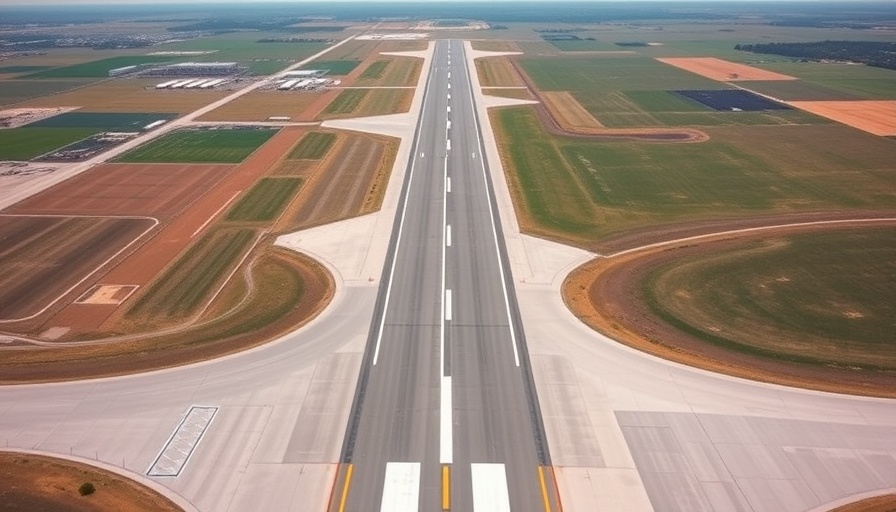
Turning a Historical Site into an Immigration Facility
The decision to transform the Dade-Collier Training and Transition Airport into a detention center marks a significant pivot in the state's use of its land. Nestled within Florida's lush Everglades, a UNESCO World Heritage Site, the choice of location is both controversial and symbolic. The facility, soon to be known as 'Alligator Alcatraz,' is a direct response to contemporary immigration challenges that have become increasingly pronounced under the Trump administration.
Deepening Controversy Over Immigration Policy
The establishment of this detention center comes as the Trump administration has pledged to initiate the "largest mass deportation program in history." Unlike other facilities located in urban areas, this swampy environment exposes the stark realities of the U.S. immigration system’s focus on enforcement over empathy. Advocates for human rights are voicing their concerns about the implications of creating an environment that not only aims to detain, but also instills fear among those seeking asylum.
The Environmental and Ethical Implications
Constructing a high-capacity migrant detention center amid sensitive ecosystems poses questions about ethical governance and environmental stewardship. The Everglades are home to an array of endangered species and serve as a vital ecological resource. Critics argue that the state’s priorities lie in enabling political gains, with minimal regard for the environmental consequences or the human dignity of detainees. Environmental advocates worry that biological diversity in the region may suffer irrevocably, a collateral damage to political agendas.
Public Reaction and Future Plans
Local reactions have been mixed. While some residents support the governor's efforts to control immigration, others express deep concern over the ethical implications of detaining individuals in such a remote and inhospitable environment. As Governor Ron DeSantis hinted at further plans to construct additional facilities, the dialogue surrounding legal immigration practices intensifies, pushing many Floridians to reconsider their views on state policies.
Looking Ahead: The Broader Impact of 'Alligator Alcatraz'
With plans underway for a significant influx of detainees, the implications extend beyond ‘Alligator Alcatraz’ itself. Experts suggest that the construction of facilities like these will shape Florida's future immigration landscape, enforcing a clear message about the state of immigrant rights. As pilot programs develop into larger-scale operations, residents and policymakers will need to engage with the ethical considerations of incarcerating individuals who may be fleeing hardship.
The upcoming launch of 'Alligator Alcatraz' serves as a poignant reminder of the complexities tied to immigration reform. As the country grapples with differing viewpoints on border control and humanitarian treatment for undocumented migrants, the decisions made today will echo into the future, potentially influencing the narratives surrounding immigration for generations to come. The question remains: how will Florida reconcile its role as a gateway for newcomers with the harsh realities of the current punitive approach?
 Add Row
Add Row  Add
Add 



Write A Comment